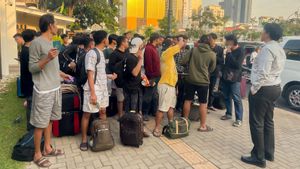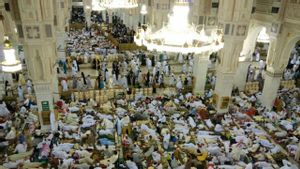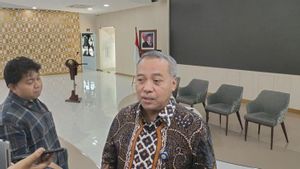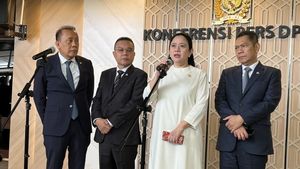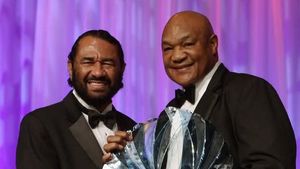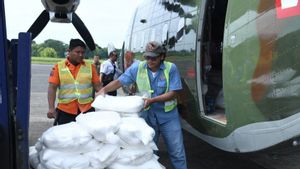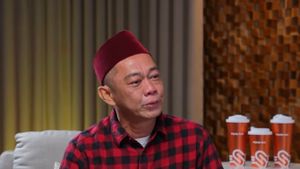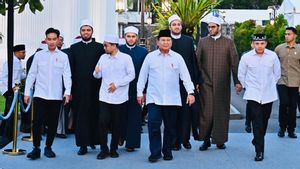JAKARTA - The Prince of Saudi Arabia harshly criticized Israel at a Bahrain security summit attended by the Israeli Foreign Minister (Menlu). This shows the challenges facing any further agreement between Arab countries and Israel in the absence of an agreement on an independent Palestinian state.
Quoting Al Jazeera, Monday, December 7, the fiery words of a prince named Turki bin Faisal Al Saud seem to have left the Israeli Foreign Minister speechless. This is because Israel initially received a warm welcome from officials in Bahrain and the United Arab Emirates (UAE) following an agreement to normalize relations.
What the deal remains unresolved, however, is the decades-long conflict between Israel and Palestine. The Palestinians view Bahrain-UAE peace with Israel as a backstab from their fellow Arabs and a betrayal of their cause.
Prince Turki bin Faisal opened his remarks by comparing what he described as Israel's perception that the country is "upholding high moral principles and loves peace" but contrary to reality, namely the reality of Palestine which is much darker than living under "Western colonial rule."
"Israel has imprisoned (Palestinians) in concentration camps under the thinnest of security charges, young and old, women and men, who rot there without calling for justice," Prince Turki said.
"They destroy houses as they please and they kill whoever they want."
The prince also criticized Israel's undeclared nuclear arsenal and the Israeli government "releasing their political henchmen and their media outlets from other countries to denigrate and vilify Saudi Arabia."
In very outspoken language, Prince Turki bin Faisal also said Israel was describing itself as "a small country that is threatened existentially, surrounded by bloodthirsty killers who want to root out its existence."
"But they claim they want to be friends with Saudi Arabia," he said.
Prince Turki reiterated the kingdom's official position that the solution lies in implementing the Arab Peace Initiative, a deal that Saudi Arabia endorsed in 2002.The agreement offers Israel's full relationship with all Arab states in exchange for Palestinian statehood in territory Israel captured in 1967.
He added: You cannot treat open wounds with palliative drugs and pain relievers.
Israeli Foreign Minister Gabi Ashkenazi, who spoke immediately after Prince Turki, said, “I would like to express my regret at the comments of the representatives of Saudi Arabia. I don't believe they reflect the passion and change taking place in the Middle East. "
The back and forth confrontations between Prince Turki and a confidant of Israeli Prime Minister (PM) Benjamin Netanyahu during the meeting highlighted the continuing opposition to Israel by many in Saudi Arabia. Although there have been some state-supported efforts to promote outreach with Jewish groups and supporters of Israel.
Ashkenazi, meanwhile, reiterated Israel's position that the Palestinians were to blame for not reaching a peace agreement. "We have a choice here with Palestine whether to solve it or not, or to play this blame game," said Ashkenazi.
Dore Gold, PM Netanyahu's confidant and former UN ambassador, said Prince Turki's remarks were "past accusations of which many are false". "I think Dore Gold should be the last person to talk about his previous beliefs and positions here," said the prince.
Prince Turki led Saudi Arabia's intelligence for more than 20 years. He has also served as ambassador to the United States (US) and Britain. Although he now holds no official position, his stance is seen to be very similar to that of King Salman.
However, the king's assertive son, Mohammed bin Salman, appears to have a greater willingness to secretly engage with Israel to fight Iran's co-rivals. He also wants to increase foreign investment in Saudi Arabia.
The English, Chinese, Japanese, Arabic, and French versions are automatically generated by the AI. So there may still be inaccuracies in translating, please always see Indonesian as our main language. (system supported by DigitalSiber.id)



